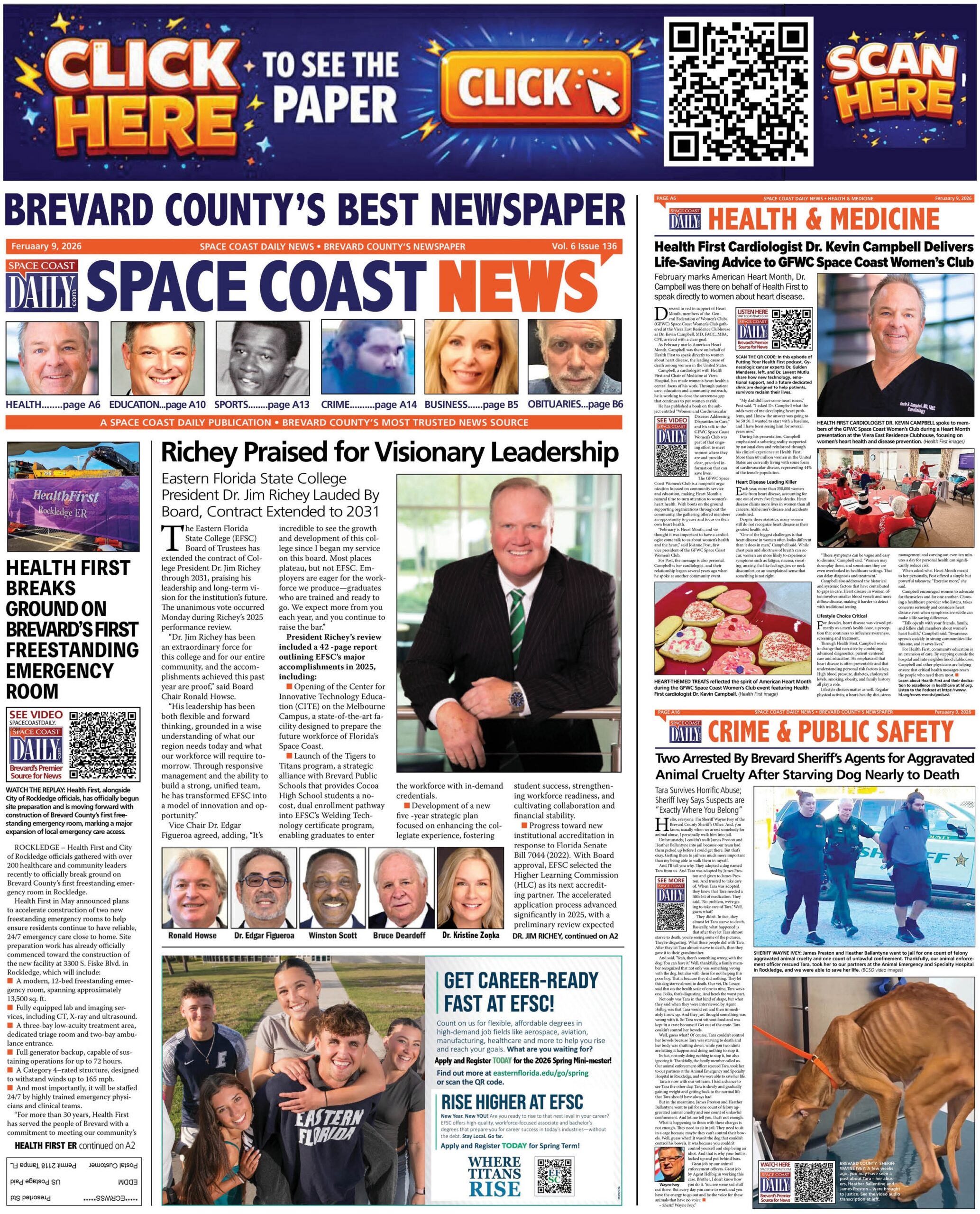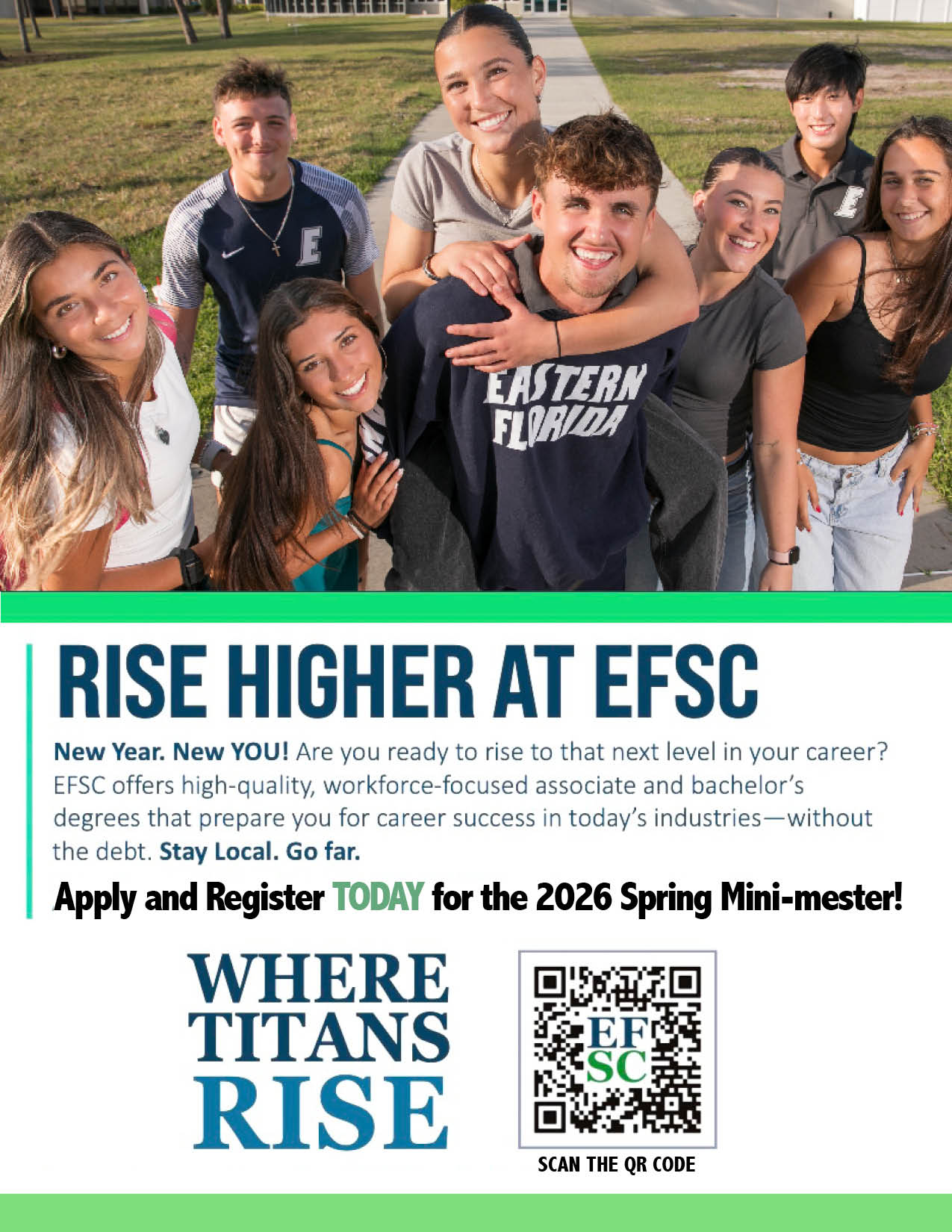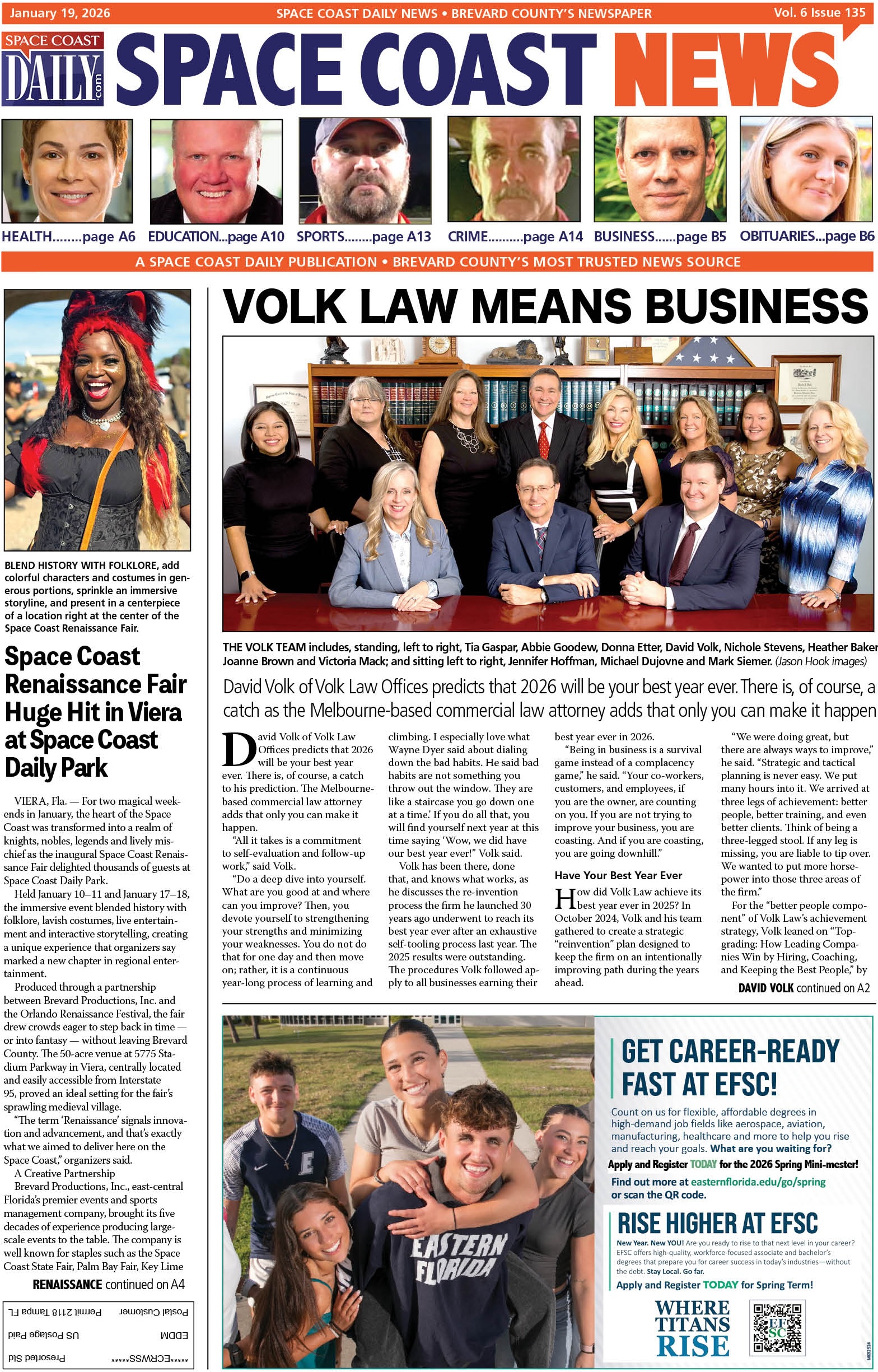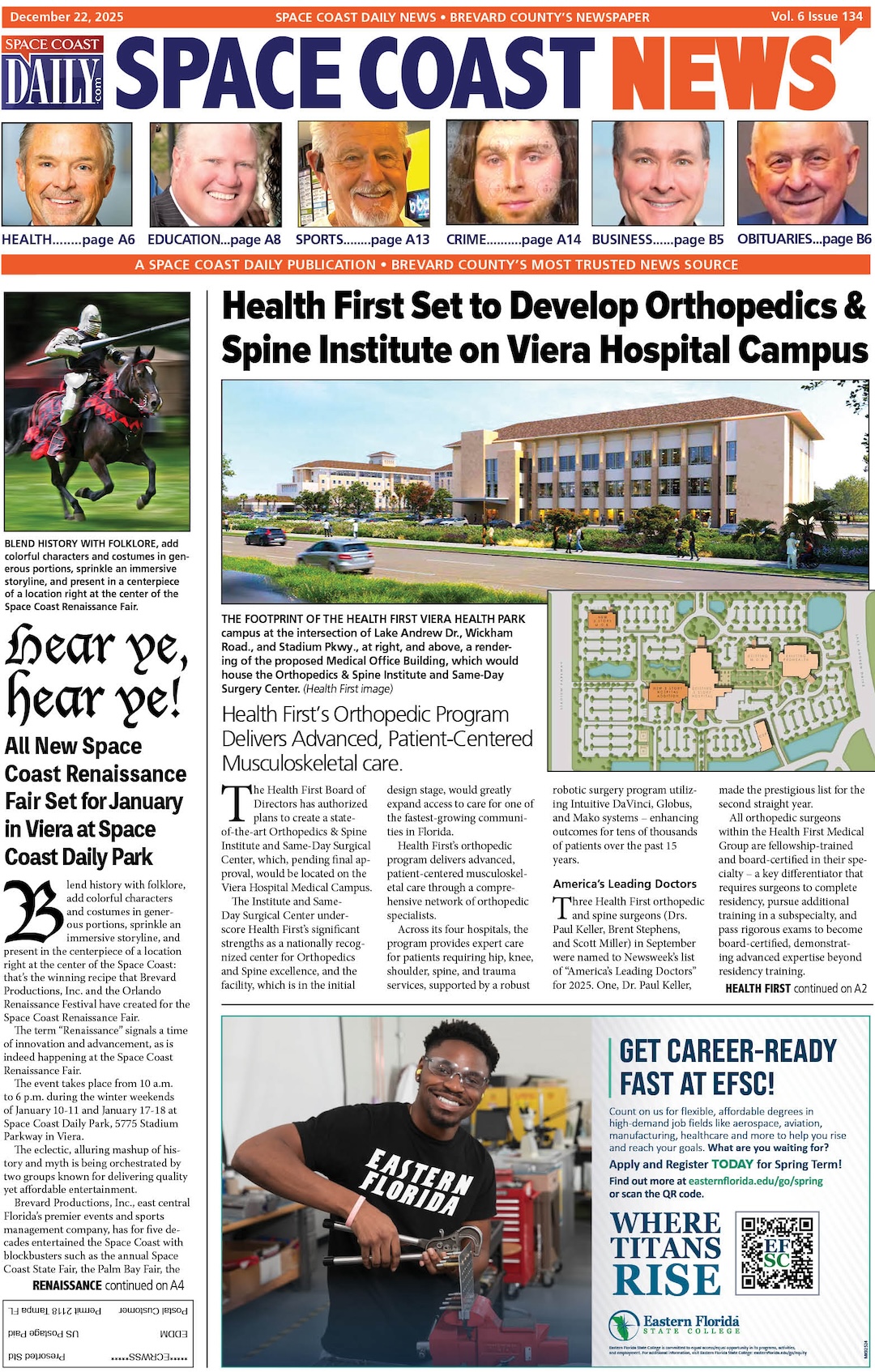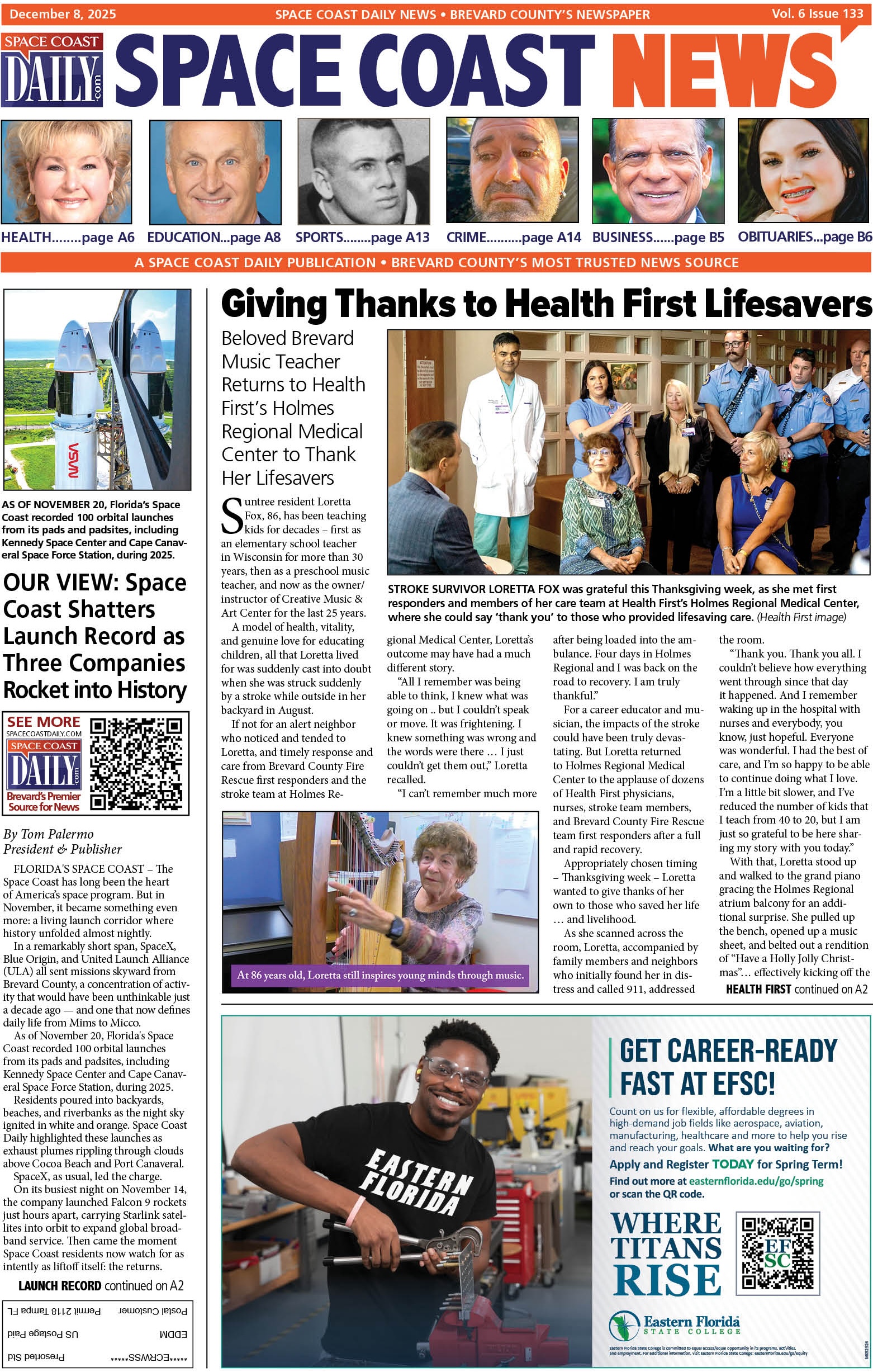Florida Tech Student’s Breast Cancer Detection Tool Wins First Place at 2021 BMES Annual Meeting
By Ryan Randall, Florida Tech News Bureau // January 19, 2022
education spotlight

BREVARD COUNTY • MELBOURNE, FLORIDA – Three students have designed a high-tech tool to detect breast cancer that could mean underserved communities around the world would have access to a critical and potentially life-saving diagnostic service.
The team of Bindi Nagda, a third-year Ph.D. applied mathematics major, Nashaita Patrawalla, a first-year Ph.D. biomedical engineering major, and Harold Raghunandan, a senior software engineering major, won first place in the Electrical/Computer Science Track at the Biomedical Engineering Society-Medtronic Design Competition held at the 2021 BMES Annual Meeting.
They were recognized for their design of a medical device and mobile application that incorporates neural networks and machine learning for automated image reconstruction of human tissue being imaged using bioimpedance sensors.
The team won $2,500, an engraved trophy, and the opportunity to discuss designs further with representatives from the medical equipment company Medtronic.
The patent-pending machine would scan breast tissue and use machine learning to create an image that would indicate the presence of tumors in the tissue if there were any.
Patients can use the mobile app to connect with the device and view their medical scans via the app. The app is also used as a way for patients to connect with doctors who can review their medical data and suggest the next steps.
The project has been ongoing for over a year and came about when Nagda, a native of Kenya, was inspired to find a way to help the underserved citizens in her country.
In Kenya, the age-standardized rate of breast cancer incidence is 40.3 per 100,000 women, making it the most common cancer among Kenyan women, according to the journal JCO Global Oncology. Nagda recruited Patrawalla and Raghunandan to the team and together they spearheaded the project.
“Despite the advent of medical technology and exponential growth of technology, a lot of under-resourced communities have still been left behind or are still struggling to have access to these resources, so we’re trying to develop this product so that it’s accessible, low cost and is something that, regardless of someone’s socioeconomic background, they have access to,” Nagda said.
“Growing up in Kenya I definitely saw how technology has been something that has helped the underserved but they’re not having enough access to it, so this is really our motivating factor why we want this product out there.”
During the development of the product, the team has faced various challenges, such as a rotation of team members outside of the core three due to graduation or students going to grad school.
This led to Nagda, Patrawalla, and Raghunandan picking up new skills. On the technical side, the three noted how they had to learn about medical terminology and what privacy standards need to be followed when processing patient data.
Nagda said mathematical sciences assistant professor Ryan White played a key role in developing and building the device’s algorithms.
For the team, the project is one of passion, as there is no direct academic tie to it. The project has been funded by the students, utilizing the skills learned in class, with the goal of making a difference in their communities.
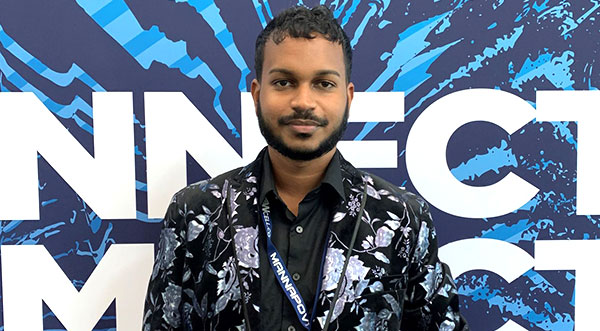
“It is exciting to be able to apply what we are learning in the classroom in our specific fields of study, to acquire hands-on experience to create this medical device,” Patrawalla said.
“What drives us is that we are able to identify a problem and use our skillset to come up with a solution that will make a direct impact in the lives of thousands of women.”
The next goal for the project is to launch the minimum viable product (MVP) version of the project, which is a version with just enough features to be usable by early customers who can then provide feedback for future product development.
After doing some testing of the device, the team would like to launch the device as a general wellness device under FDA approval. Also, the team is looking to develop the business plan and model for the product while also securing more mentors, advisors, and funding.
The three said they were immensely grateful for the mentorship provided by Jeannette Kraar from Florid Tech’s weVENTURE Women’s Business Center at the Bisk College of Business.
“So, that’s what has my interest in the project as well, being able to have a purposeful impact, not just around the world, but specific parts.”
CLICK HERE FOR BREVARD COUNTY NEWS



